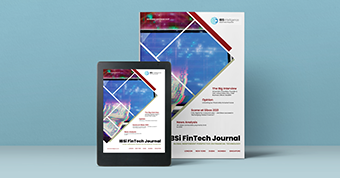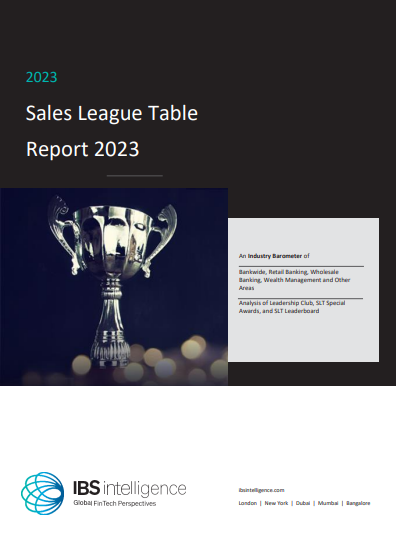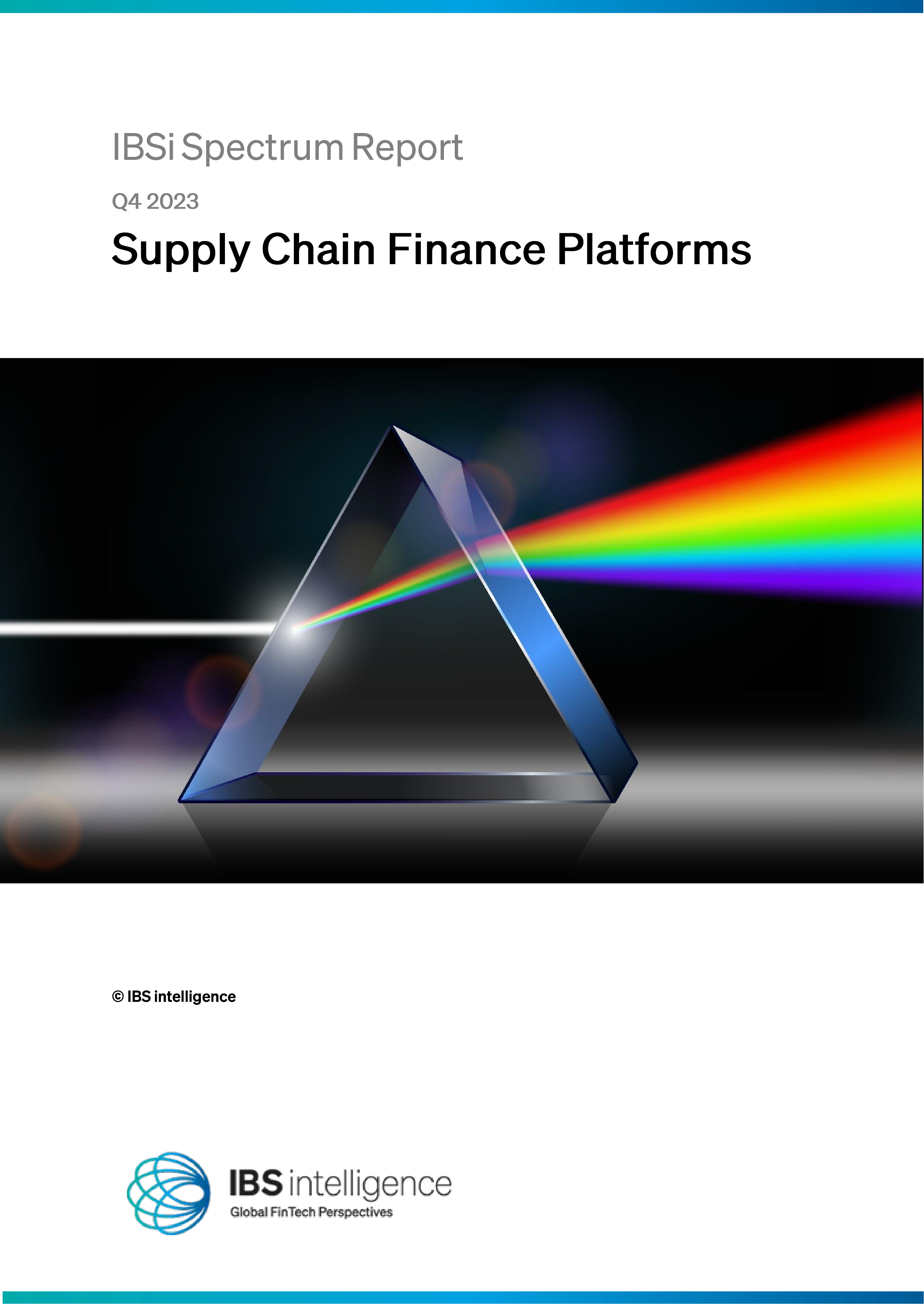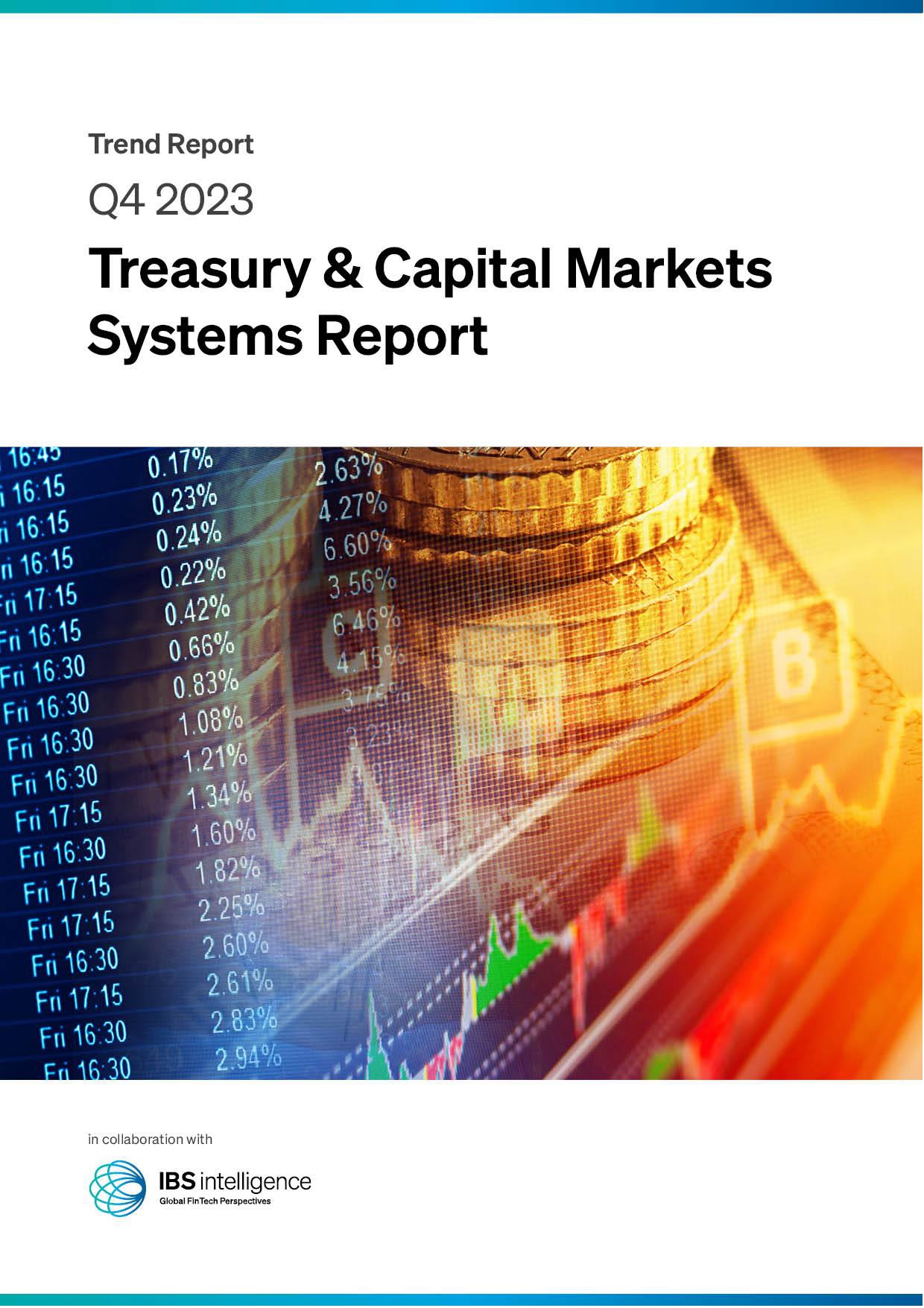 Back
Back
871(m) – Transaction Tax processing, building for the future
I began this three-part series on 871(m) by quoting one of America’s most famed political characters and Founding Father, Benjamin Franklin. In order to round this series off in the same fashion, I’ll turn to another American political figure, this time: Abraham Lincoln. He was once quoted as saying “you cannot escape the responsibility of tomorrow by evading it today”, which I think quite accurately summarises the mantra that banks should be taking when it comes to 871(m), Transaction Tax processing and looking to the future.
So where do we stand currently with 871(m)? Banks must comply with the first part in the here and now and although the second part may still be under review, there’s absolutely no indication that the rule will be dropped in totality. I stand by what I said in the first blog – if banks are to wait until the full outcome of the review, they will only open themselves up to a plethora of problems later on. Banks do not want a repeat of five years ago, when they decided to implement tactical solutions for the French and Italian Transaction Taxes.
Of paramount importance for preparing for a post-871(m) world is that banks have software in place that can assist in facilitating a flexible ‘rules-based’ workflow solution which can easily adapt to changing legislation. From our extensive investigation of the intricacies of this, and other regulations which are on the increase, we found that due to the complexities of all, it makes little sense for firms to have multiple interfaces with the same derivatives and trading systems going to siloed tax solutions e.g. an FTT system in one place and an “871m machine” or system in another place.
It, therefore, makes much sense to feed it all into one solution and processing engine, rather than having a whole host of separate systems and trying to interface them all, which leads ultimately to more static, more cost and more fails (i.e. transactions). By taking a centralised or utility approach, banks are also in a good position to deal with even more potential incoming Transaction Taxes which is key in preparing for the future.
A resourcing and knowledge challenge
Alongside the need to assess which systems will be best placed or built to cope with 871(m), there are significant amounts of data that need to be pulled together, including dividends and trades across many different instrument types, potentially creating large integration projects for in-house teams. Place these needs against the backdrop of other current in-house IT initiatives that banks are aiming to achieve regulatory compliance with, and it becomes an even more complex resourcing and knowledge challenge.
Unfortunately, 871(m) is just one of many tax headaches facing banks, and more are certain to crop up further down the track. This is why taking a ‘future-proofing’ mentality is key here. Platforms and technology need to be fit to cope with other incoming regulations, so banks need to look at who can help them overcome these compliance headaches and who can demonstrate that they truly understand the needs and will provide “safety in numbers” when the regulator “comes knocking”.
871(m) won’t simply disappear by not thinking about it now. It’s the banks’ responsibility to prepare for the tax world of tomorrow, today.
By Daniel Carpenter, head of regulation at Meritsoft
IBSi News

April 18, 2024
871(m)
RCBC & Digital Wallet Corporation to develop digital banking in Philippines
Read More- Daily insightful Financial Technology news analysis
- Weekly snapshots of industry deals, events & insights
- Weekly global FinTech case study
- Chart of the Week curated by IBSi’s Research Team
- Monthly issues of the iconic IBSi FinTech Journal
- Exclusive invitation to a flagship IBSi on-ground event of your choice
IBSi FinTech Journal

- Most trusted FinTech journal since 1991
- Digital monthly issue
- 60+ pages of research, analysis, interviews, opinions, and rankings
- Global coverage
Other Related Blogs
Related Reports

Sales League Table Report 2023
Know More
Global Digital Banking Vendor & Landscape Report Q1 2024
Know More
Wealth Management & Private Banking Systems Report Q1 2024
Know More
IBSi Spectrum Report: Supply Chain Finance Platforms Q4 2023
Know More
